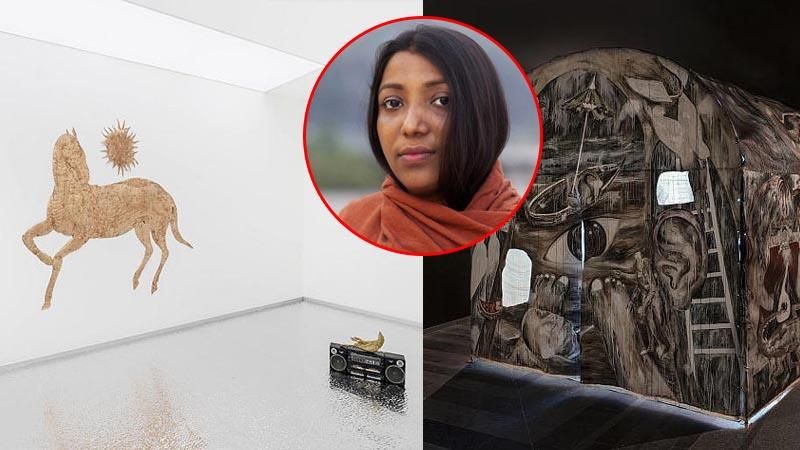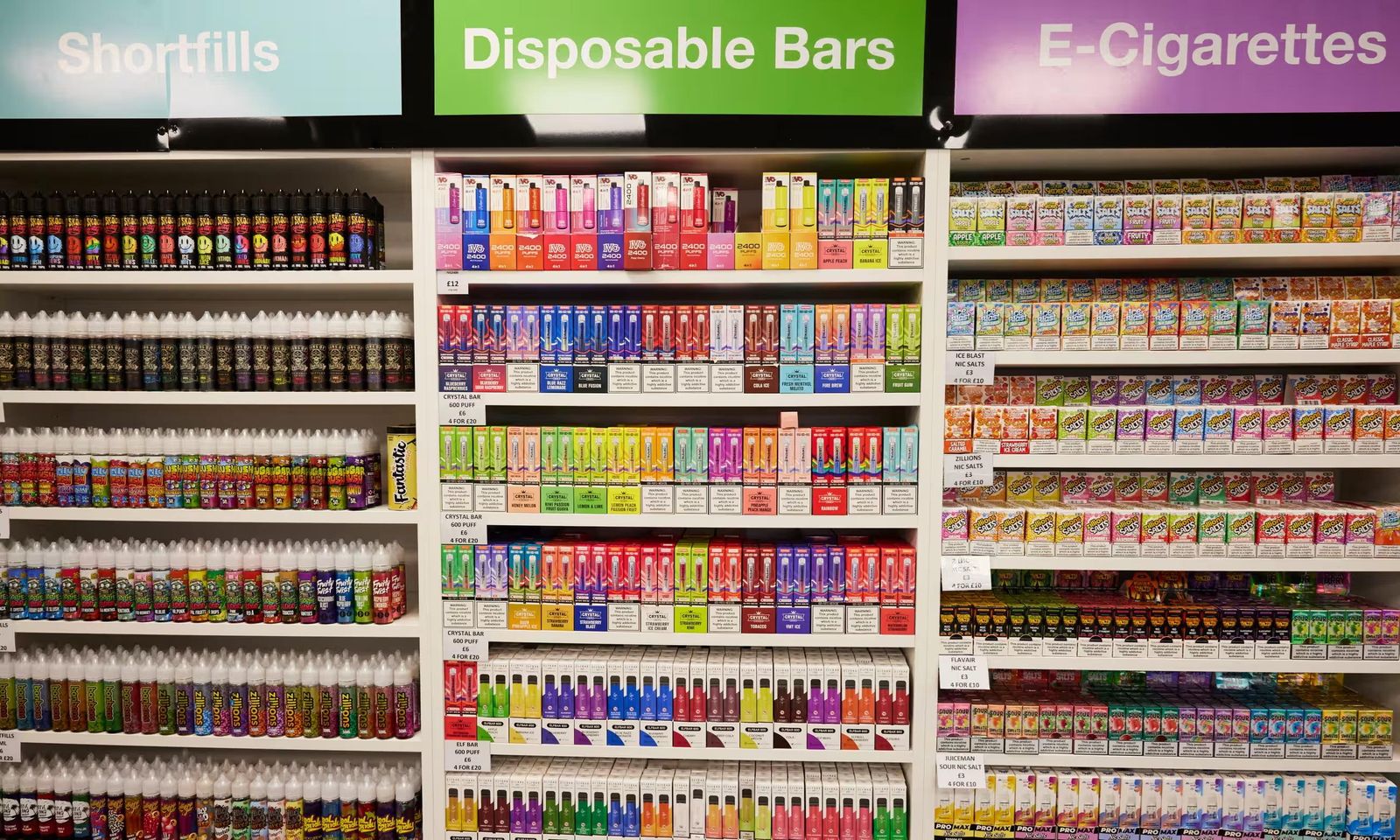Despite limiting benefit claimants to two children, MPs can still get thousands of pounds in taxpayer-funded support for up to three children.MPs are entitled to about £7,000 per child annually for a maximum of three children, in addition to their annual normal accommodation budget of up to £29,000. However, support for more than two children is not available to those who are qualified for a child benefit boost and are claiming universal credit or a tax credit.Labour has been under pressure to scrap the two-child benefit cap, including from its own MPs, but Prime Minister Keir Starmer and Chancellor Rachel Reeves have said the estimated £2.5bn to £3.6bn cost is not affordable.
The cap was introduced by the Conservatives in 2015.
In recent years, some MPs have been able to claim up to £40,000 annually for accommodation costs, including additional funding for their children.They are entitled to apply for accommodation costs to compensate for living and working in two locations – their constituencies and London – worth up to £29,290 a year.
They can additionally claim for up to three dependants—a child under 18 or an adult who needs care—up to a maximum of £6,680 per child or person.Data published by the Independent Parliamentary Standards Authority (IPSA) shows that more than 180 MPs claimed the £6,680 uplift for at least one dependant in the 2022/2023 financial year, the most recent year for which data is available.
According to IPSA, dependants include children up to the age of 18 for whom the MP has parental responsibility or a person claiming disability benefits for whom the politician is their primary carer. The dependant must be registered with IPSA by the MP for the claim to be valid.
The accommodation uplift only includes spouses who meet the criteria of a dependant, such as if the MP is also the primary carer for their partner.
MPs can also claim money to cover travel between their constituency and London for themselves, their spouse and dependants.
In 2022/2023, 21 MPs claimed the uplift for three children, 13 of whom were Conservative MPs and five of whom were Labour MPs.
However, some MPs are uneasy about the uplift’s generosity.
One Labour MP, elected for the first time earlier this year, told i they had deliberately claimed for only two of their three children in “solidarity” with the two-child benefit cap.“I voted to keep the two-child cap in place. I felt it was a matter of personal integrity,” they said. “I think sometimes in the Labour Party, it doesn’t feel that we live our values.”
Another MP from the same party, who has no children, said they were aware of colleagues with children choosing not to claim the uplift because they felt it was “excessive”.
“The uplift is there so you can get a bigger home for your family close to Westminster, but many find ways to manage without the extra money. Our accommodation budgets are already generous—colleagues are wary of claiming the maximum amount unless they have to,” he told i.
Campaigners argue the two-child benefit cap is pushing families into poverty.
According to the End Child Poverty Coalition, 1.5 million children in the UK live in households subject to the two-child limit on benefit payments, and scrapping the policy would immediately lift 250,000 children out of poverty overnight.
The group’s research also found that, in 2023/24, the two-child limit cost families up to £3,235 per child each year.
Becca Lyon, Head of UK Child Poverty, Save the Children UK, said it was a “moral outrage” that the cap was still in place, claiming it means parents “struggling to feed their children, fewer toys, clothes and books to go round, and stress and anxiety for the whole family.
She added that the Government should “act now and scrap the unfair two-child limit to protect children from hardship and destitution”.
An SNP motion to scrap the cap was attached to the vote on the King’s speech and resulted in seven rebel Labour MPs being suspended for six months for voting in favour of it.
A Labour spokesperson said: “Accommodation costs for MPs are set by the Independent Parliamentary Standards Authority and are designed to support those working from two permanent locations.”
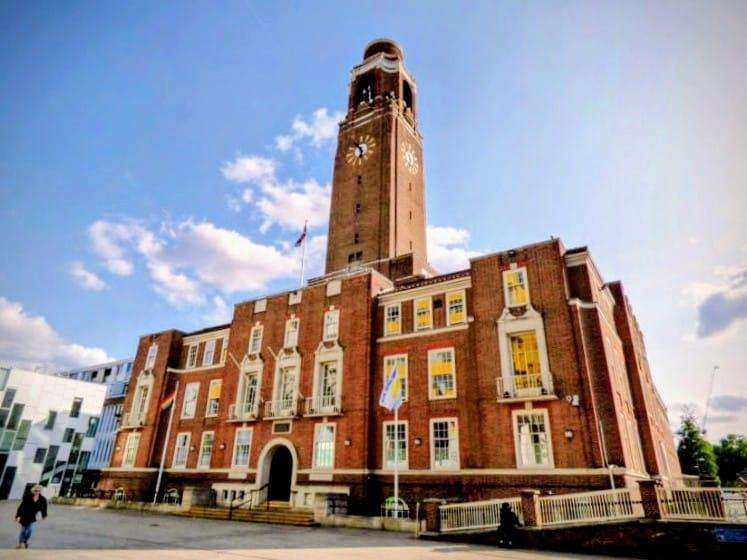

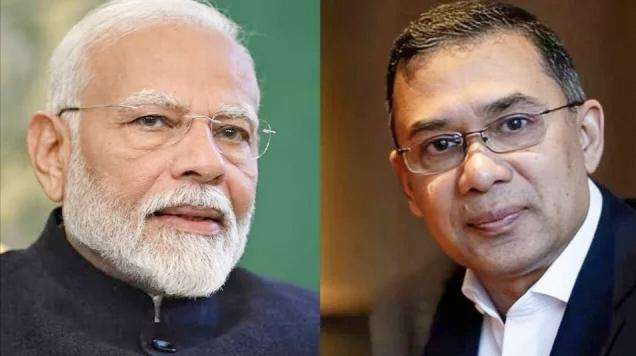




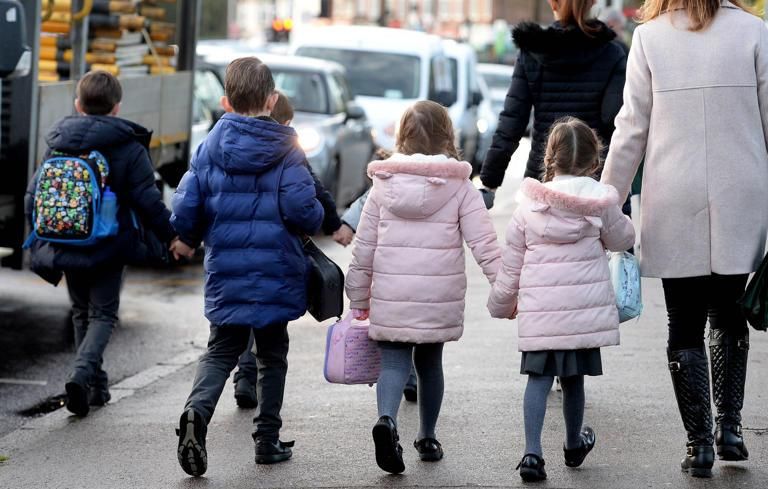
.svg)

